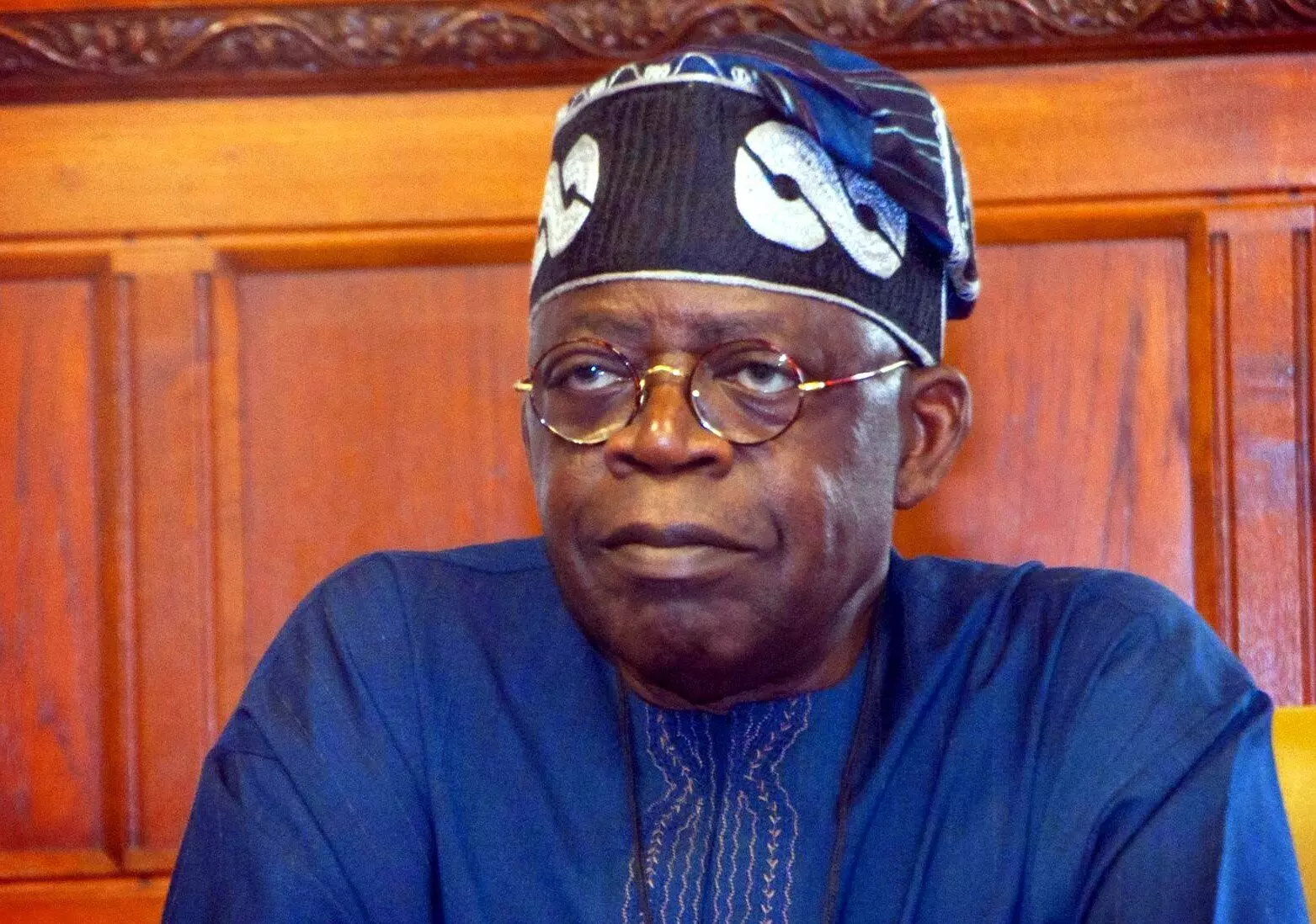Tinubu signs bill on new judicial officers retirement age

President Bola Tinubu has signed into law a bill for the retirement age and pension rights of judicial officers in the country.
While signing the bill, Tinubu pledged his administration’s dedication to strengthening the judiciary and ensuring the rule of law.
He added that the federal government would continue to empower judicial officers to execute their responsibilities effectively.
The bill was transmitted by the Senate to former President Muhammadu Buhari in May for his assent in line with the provisions of the Authentication Act.
A statement by Mr. Abiodun Oladunjoye, Director of Information in the State House, said Tinubu assented to the bill to amend the constitution.
“In exercising the powers vested in him under the 1999 Constitution as amended, President Bola Tinubu on Thursday at the State House assented to a fresh amendment of the Constitution of the Federal Republic of Nigeria,” he said.
With the signing of the Constitutional Amendment Bill, the retirement age and pension rights of judicial officers have been effectively brought into uniformity, among other related matters.
The Supreme reports that the bill seeks to ensure uniformity in the retirement age and pension rights of judicial officers of all superior courts of record.
With this, judicial officers of the various superior courts of record listed in Section 6(5)(c)-(i) of the constitution will have a synchronized retirement age of 70 instead of 65.
The Uniform Retirement Age Bill only seeks to bring the retirement age of High Court Judges to be at par with that of the Justices of the two appellate courts.
The Supreme reports that the law will promote public confidence in the judicial system and protect judicial independence.
It will also eliminate the possibility of the removal of judicial officers by the executive arm of government.




